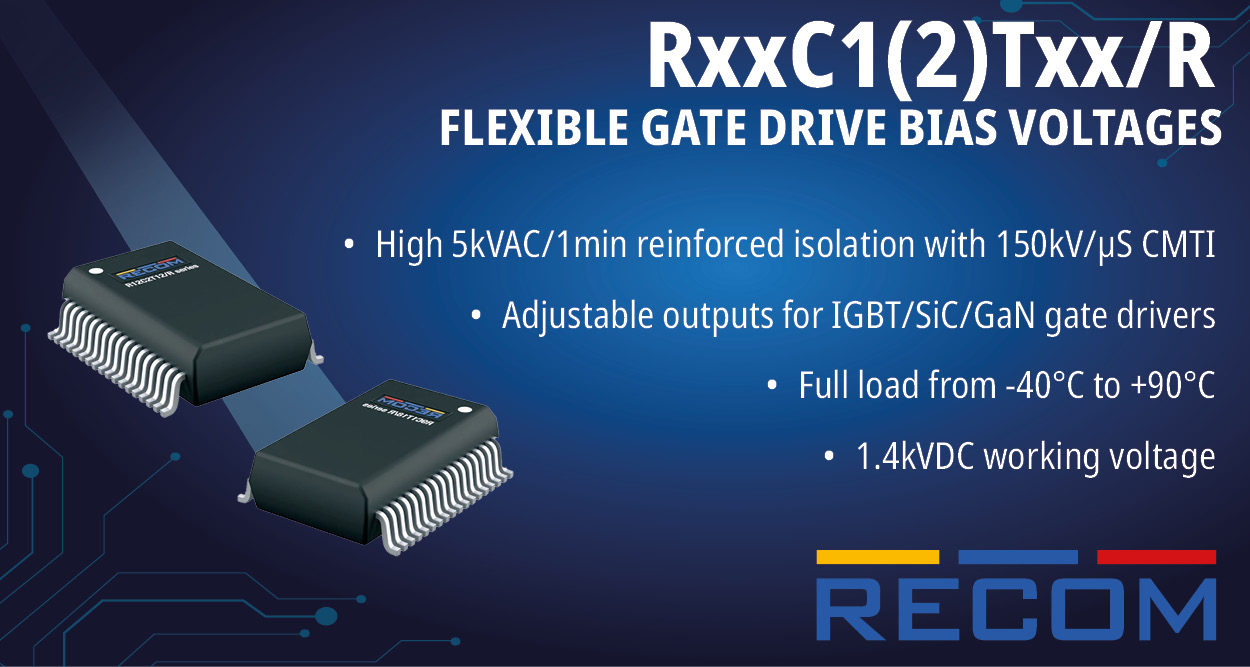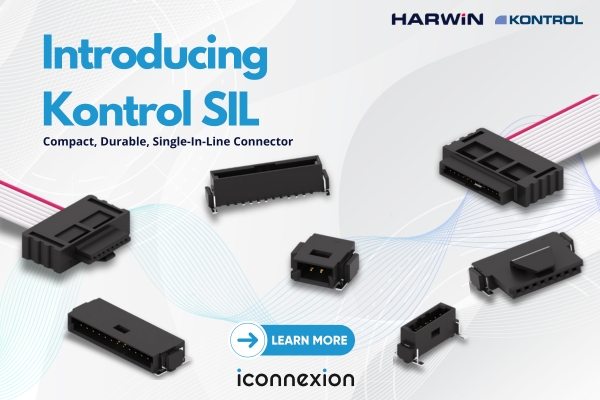Over the years, the battery management system (BMS) sector has experienced revolutionary growth in transforming energy storage and utilization and driving notable advancements across various industries. The demand for efficient and smart battery management has become more essential than ever as the world moves toward renewable energy solutions and electric vehicles. BMS technology ensures optimal battery performance, safety, and longevity by closely monitoring and regulating parameters such as voltage, temperature, and state of charge.
Innovations in this domain drive the development of more robust and sustainable energy systems. The integration of advanced AI and IoT technologies into BMS is facilitating smart grids, enhanced EV battery life, and effective energy management solutions. Furthermore, the demand for sustainable energy sources has promoted the research of next-generation batteries, where advanced BMS technology is necessary. However, the dynamic growth of this enterprise aims to meet modern power needs while promoting power efficiency and environmental responsibility.
According to a new report published by Allied Market Research, the global battery management system industry is anticipated to showcase a noteworthy CAGR of 19.1% during the forecast period.
Rising importance of battery management systems in electric vehicles
The automotive industry’s transition from internal combustion engine vehicles to electric vehicles is considerably driving the growth of the battery management systems landscape. This transformation is fueled by environmental concerns and supportive government policies. According to the IEA, around 6.6 million electric vehicles were sold worldwide last year, and this figure is expected to grow due to the implementation of new policies supporting EVs in many countries.
Electric vehicles primarily use lithium-ion batteries because of their high energy density, low self-discharge, lightweight design, and low maintenance requirements. On the other hand, internal combustion engine vehicles mostly depend on lead-based batteries. Lead-based batteries are currently the most realistic option for the mass market due to the high costs associated with lithium-ion batteries for SLI (Starting, Lighting, and Ignition) purposes.
Lithium-ion batteries are used to power plug-in hybrid and fully electric vehicles. They offer high energy density, rapid recharging, and significant discharge power. These characteristics make them the top choice for meeting the needs of OEMs in terms of driving range and charging time. Simultaneously, lead-based traction batteries are not suitable for full hybrid or electric vehicles due to their lower specific energy and higher weight.
The production of EV batteries is focused on the Asia-Pacific region, with China, Japan, and South Korea leading the industry. China dominates the global lithium-ion battery sector, driven by initiatives to reduce air pollution and the establishment of multiple gigafactories. Additionally, India is promoting EV adoption through state initiatives, such as Delhi’s EV policy, which offers incentives based on battery ability and consistent with EVs. Europe is also expected to witness growth in this domain, with Volkswagen making plans to invest almost $20 billion in EV battery development in Germany. As a result, the transportation sector is anticipated to be a key contributor to the growth of the global battery management systems industry in the future.
New developments and strategic alliances in the battery management system industry
Leading industry players have continuously adopted innovative strategies, including partnerships, mergers and acquisitions, collaborations, and joint alliances, to reinforce their global presence and strengthen their competitive edge. For instance, in January 2023, Hero Electric formed a long-term partnership with Maxwell Energy Systems for advanced battery management systems. Maxwell Energy Systems is expected to provide Hero Electric with 1 million units of its BMS over the next three years. This collaboration aims to enable Hero Electric to offer secure and high-performing electric vehicles to its customers, establish a local supply chain, support the Make in India initiative, and reduce reliance on imports. Maxwell’s BMS, designed for automotive applications, adapts to various chemistries and configurations, including Hero Electric’s e2W lineup. The two companies are collaborating to develop a new range of advanced electronic products for the Indian electric vehicle sector.
Similarly, in February 2023, LG Innotek introduced its Wireless Battery Management System (WBS), an innovative technology to enhance battery performance. This system integrates RF communication chips and antennas into a single unit, significantly reducing vehicle weight by 66 to 198 pounds. This weight reduction creates more space and greater capacity in electric vehicles, eventually extending their range by up to 12 miles. The WBS also offers greater design flexibility and eliminates the risk of connector or cable failures caused by vibration. Compatible with all communication chips, it is suitable for all-electric vehicles produced by LG Innotek. Mass production of the wireless BMS is expected to begin in 2024 as part of LG’s plans.
To sum up, the battery management system sector is expanding rapidly, driven by the transition to electric vehicles and renewable energy sources. BMS ensures the safety, efficiency, and durability of batteries by monitoring parameters such as voltage and temperature. In addition, advances in AI and the Internet of Things are enhancing efficiency and offering lucrative opportunities for industry expansion in the coming period.
Short Description:
Battery management systems play a significant role in improving the efficiency, safety, and longevity of batteries used in renewable energy and EVs. Recent advancements in BMS technology, including AI and IoT integration, are accelerating improvements in energy use, supporting the move toward sustainable energy solutions, and boosting the performance of electric vehicles.
Author’s Bio: – Harshada Dive is a computer engineer who loves experimenting with trending topics and is passionate about presenting contemporary trends creatively to her audience. Her writing skillfully integrates knowledge and creativity, reflecting her dedication to creating engaging and thoughtful content. Outside of her professional pursuits, Harshada enjoys gardening and listening to inspirational podcasts.
















